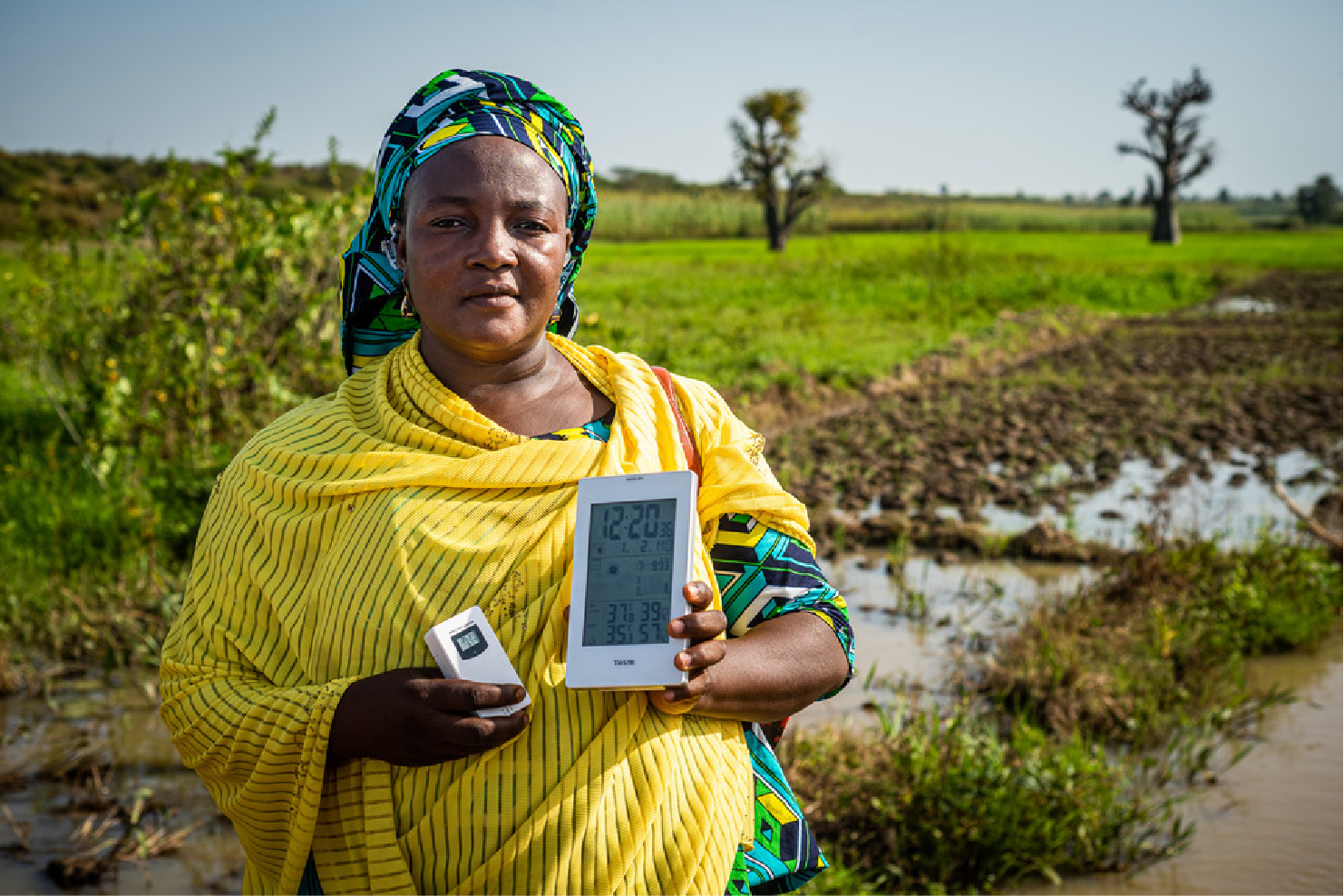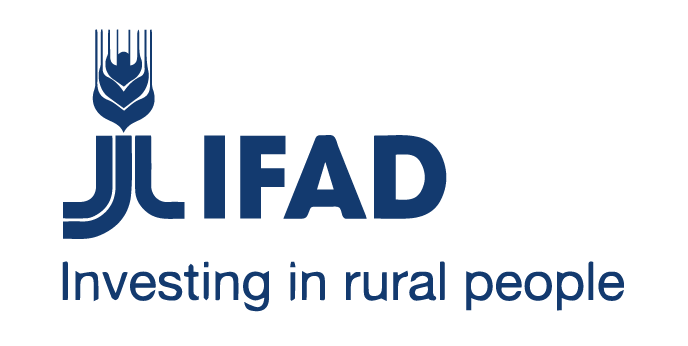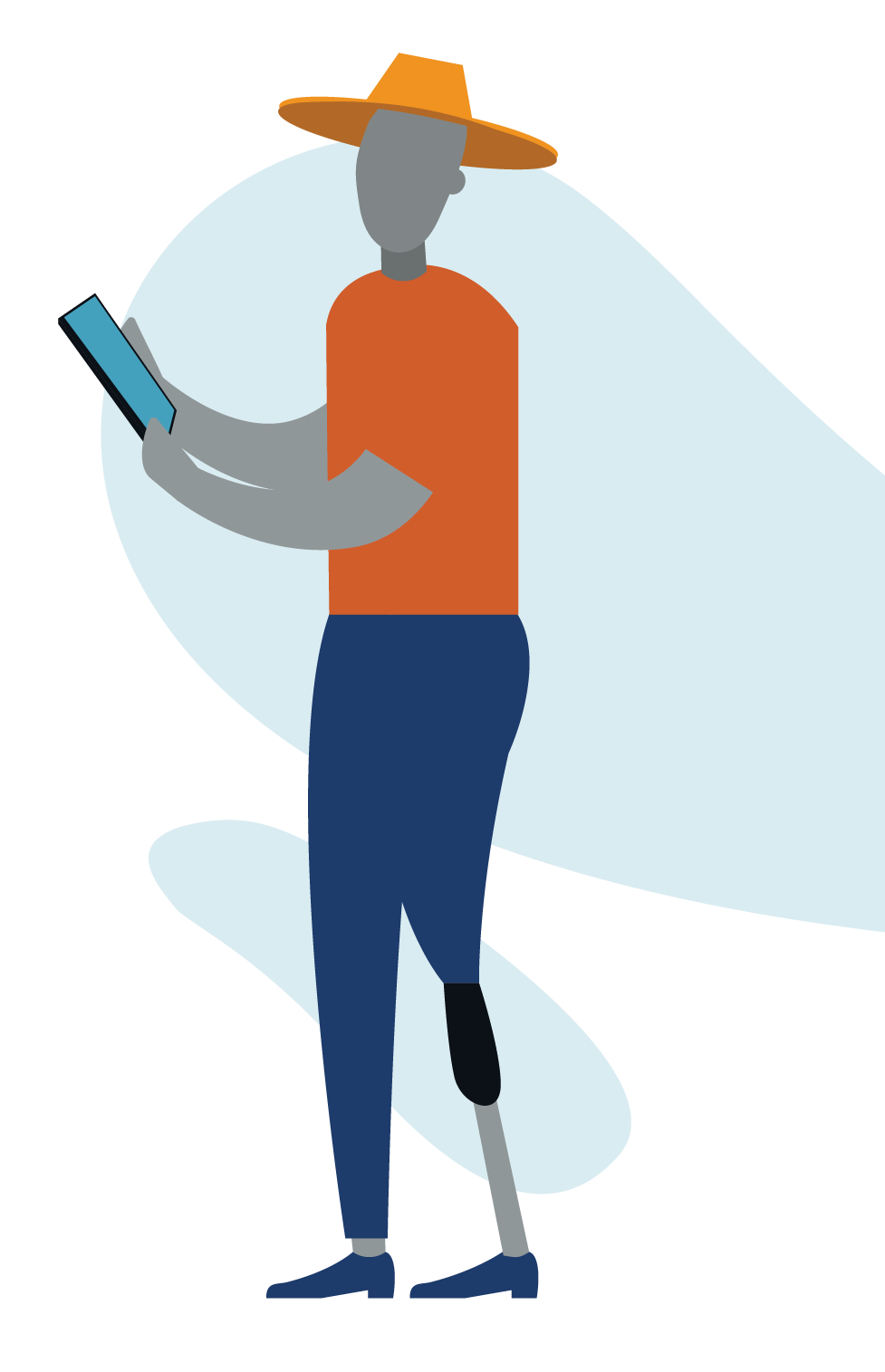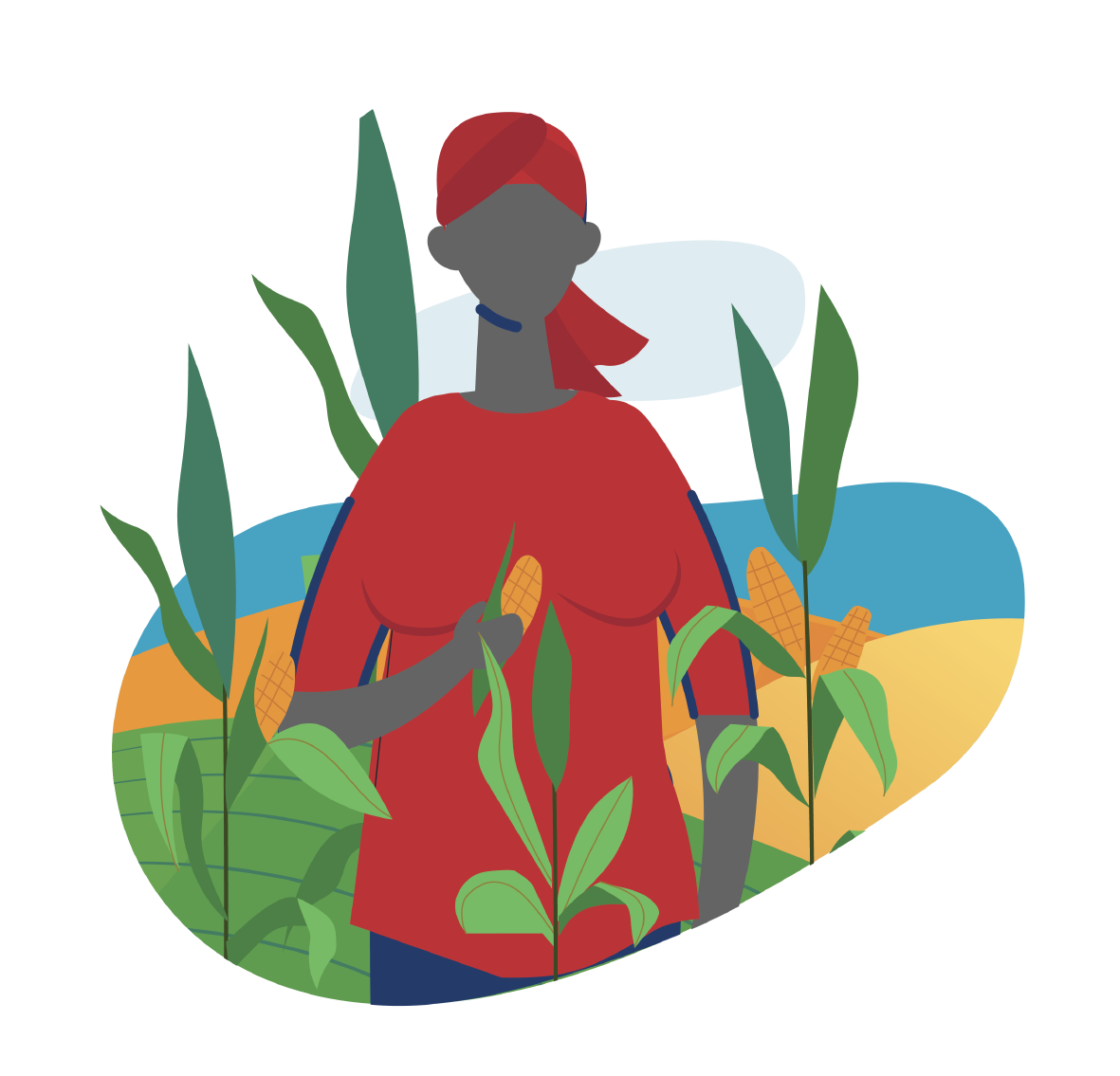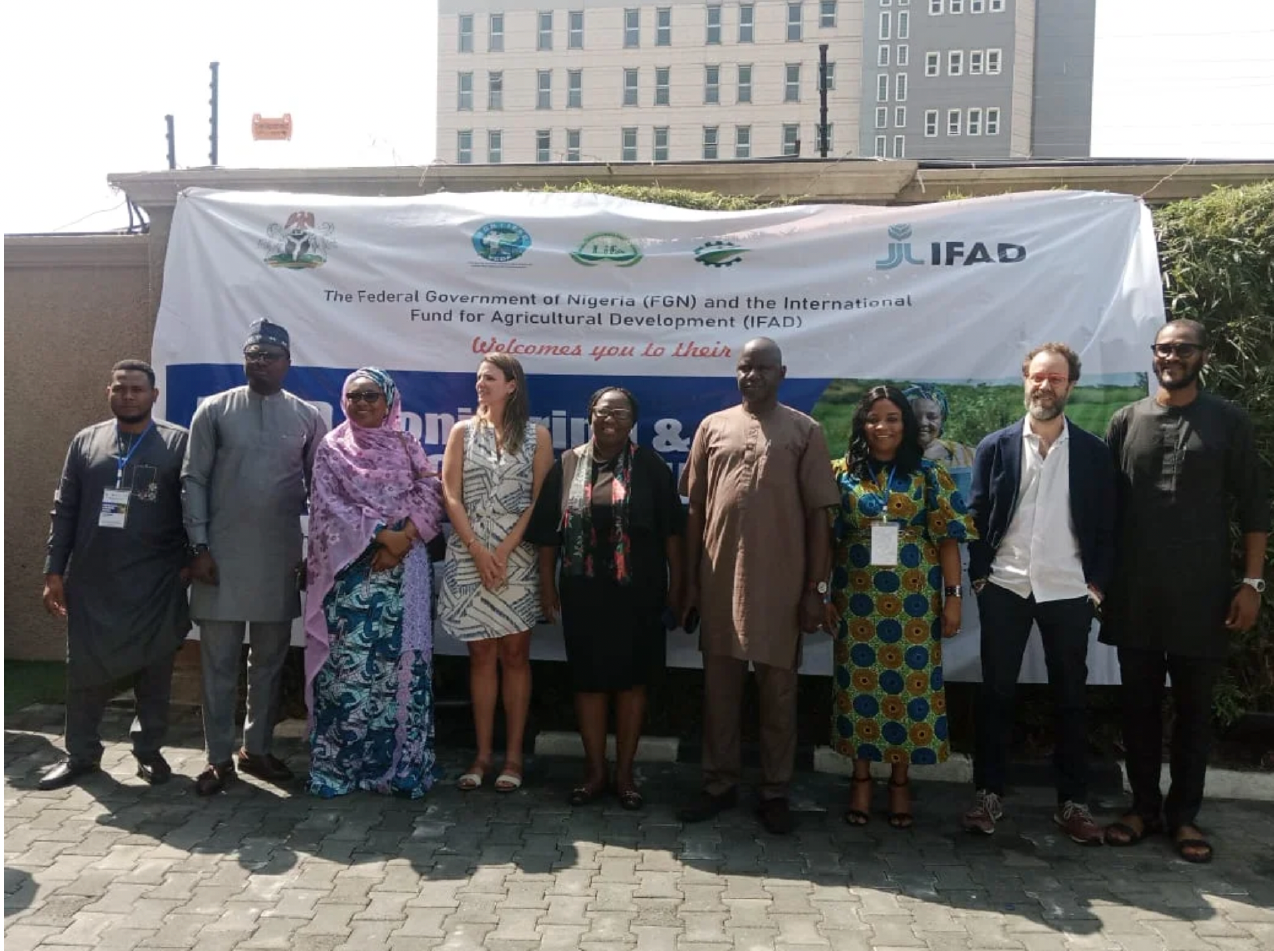Demand-driven Expansion of Learning
Starting in 2022, the IFAD DAS program offered their partners tailored support on integrating digital technology solutions, into existing or new programs, or into their institutions as a whole. As the lead partner for building and delivering trainings,TechChange developed additional blended learning courses on the Digital Principles, Interoperability, and Rural Finance, including customization and translation for local contexts in different African countries and regions. These courses are hosted on the TechChange platform, which provides IFAD with greater opportunities for data tracking and analysis including built-in pre/post surveys, module evaluations, demo metrics, and the ability to compare and contrast completion metrics for asynchronous and synchronous course work. The team also developed a localized in-person training on Monitoring and Evaluation to a cohort of learners in Nigeria. Thus far, the DAS Program has engaged directly with partners in Uzbekistan, Ethiopia, Democratic Republic of Congo, Central African Republic, Nigeria, Ghana, and Malawi. Additional countries where DAS is focused will be added in the future, and the material further contextualized to local needs.

